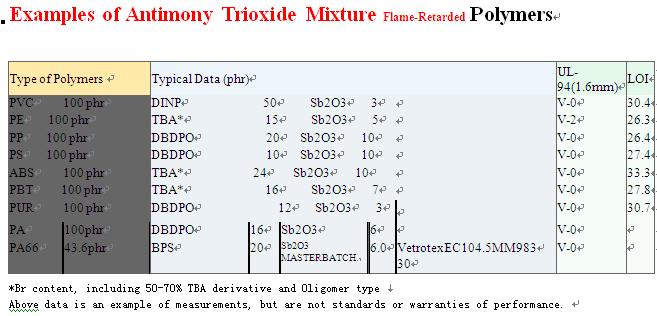The majority of lead producers in Gejiu City in southwestern China's Yunnan Province have been forced to shut down lead smelting and refining facilities since Dec. 15 this year, due to low lead prices both in the domestic and global market, industry insiders told Interfax.
"Most lead producers in Gejiu suspended production on Dec. 15, and they may remain offline for one to two months, depending on when they are offered a value-added tax (VAT) receipt from local miners," an official with Gejiu-based lead smelter Yunnan Zhengxing Lead Industry, who wished to remain anonymous, said.
Mining companies are legally obliged to issue smelters with a receipt certifying that they have paid 17 percent VAT on lead ore. Smelting companies can then deduct this from the VAT that they are required to pay on refined lead sales. However, a lack of government supervision has allowed mines in Gejiu, mostly privately owned and small-scale, to avoid paying VAT, thereby hindering discounts for smelters.
"We can make a profit when lead prices are high, even without the VAT receipts. However, current low prices have driven us into loss, forcing us to stop production," the official said, adding the majority of local lead refiners and smelters face the same financial difficulties as her company.
Gejiu is one of China's major lead production bases and has a capacity of between 600,000 tons and 700,000 tons of refined lead per annum. However, due to insufficient raw material supply, actual production is estimated to fall to between 300,000 and 400,000 tons this year, said an anonymous analyst with CHR Metals Ltd., a leading global lead and zinc industry consultancy.
"To add insult to injury, the Gejiu city government recently canceled a previous favorable tax policy for local lead producers, significantly worsening their financial situation," an anonymous official from local lead smelter, Hongcen Lead Smelting Co. Ltd., told Interfax today.
The Hongcen Lead official said that local lead producers were previously exempt from the 17 percent VAT payment on refined lead sales, and were only required to pay a combined 7 percent tax, if they employed a certain proportion of disabled workers.
"Several local smelters are currently trying to persuading the local government to reinstate the favorable tax policy, but as yet, to no avail," he said.
However, the CHR Metals analyst said that "these tax problems have existed for months now, and the real reason for the shutdown is the recent low lead price."
The benchmark three-month lead price on the London Metal Exchange (LME) has fallen 33 percent after reaching an all-time-high of $3,880 per ton on Oct. 15 this year, on the back of global demand concerns.
The production stoppage, which is expected to last at least one month, will reduce lead output by China, one of the world's largest lead producers, which may support lead prices in the future.
"We've noticed over a substantial period that Gejiu lead producers have been operating at reduced production levels due to a lack of lead ore supplies, but the recent stoppage from most producers due to low profit margins will certainly lead to significantly reduced lead supply in the domestic market," a physical trader in Shanghai told Interfax today.
"Since we are losing money through selling refined lead, large amounts of refined lead is just sitting idle in our warehouses," the Zhengxing Lead official said.
The LME benchmark three-month lead price shot up 3 percent on a daily basis to $2,605 per ton on Thursday, triggered by concern that China's lead supply will fall sharply due to the Gejiu shutdown.
The Shanghai lead spot market mirrored LME rally sentiment today, with lead spot prices reaching an average of RMB 18,900 ($2,567.93) per ton, up RMB 200 ($27.17) per ton from Thursday.








0 comment:
Post a Comment